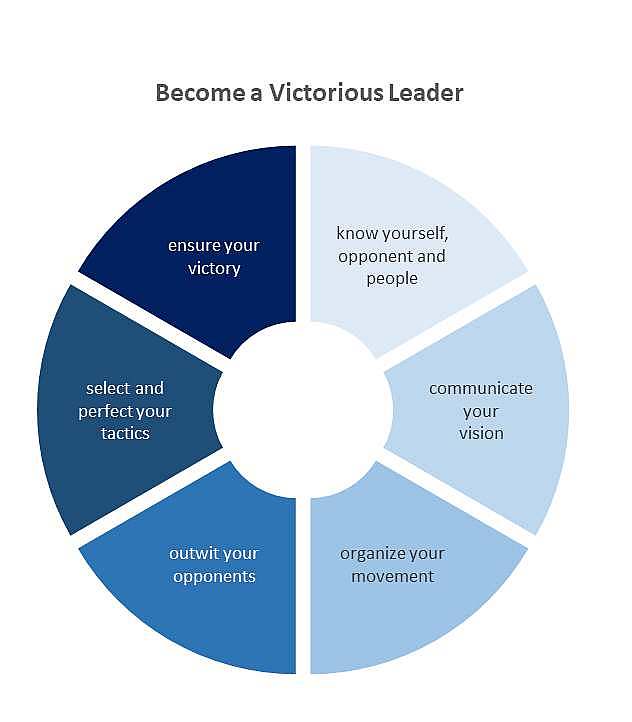THE (HOME-GROWN) VICTORIOUS STRATEGY
All successful democratic leaders in peaceful revolutions mastered the six elements that are needed for victory: intelligence, vision, organization, strategy, tactics and victory. Before nonviolent movements can start, deep nonviolence must have been internalized.
Note: As the original focus of Sankara was African movements, the current blog are predominantly about African movements and contexts. This will be enriched with blogs that focus on global movements and contexts.

Before a struggle can be waged we need to deeply understand on how we fight, as this is a crucial difference from violent conflict. Deep nonviolence is based on a principled way of life.
The first objective for any activist is to know oneself, to know the opponent and to know the population that they are fighting for. What groups are most crucial for the regime, such as police, army, media or business elite?
The most important element to unite your community is to have a compelling vision of the future. To formulate this vision you have to listen closely to the people that you are fighting for.
When you are fighting powerful opponents, you need a powerful movement yourself. Through effective organization you can gain the capacity to fight. Furthermore, you need to train your movement. Parallel institutions among the people are crucial to prevent a power vacuum during the peaceful struggle.
All conflict is either won or lost through strategy. Therefore, it is crucial an innovative strategy is developed able to outsmart the opponent at every move. Furthermore, operational strategy maximizes the optimal use of resources (time, space, human & material resources).
Tactics are all about the nonviolent tactics you can use to fight your opponent. Tactics are always concerned about the confrontation. Trough these visible confrontations you can convert the population towards your side, and encourage the defection of pillars of support.
The final step is to strategically handle the transition from dictatorship to democracy. A power vacuum must be prevented through parallel institutions, or the most organized group (often the army) will take over. This is the most difficult phase of all.